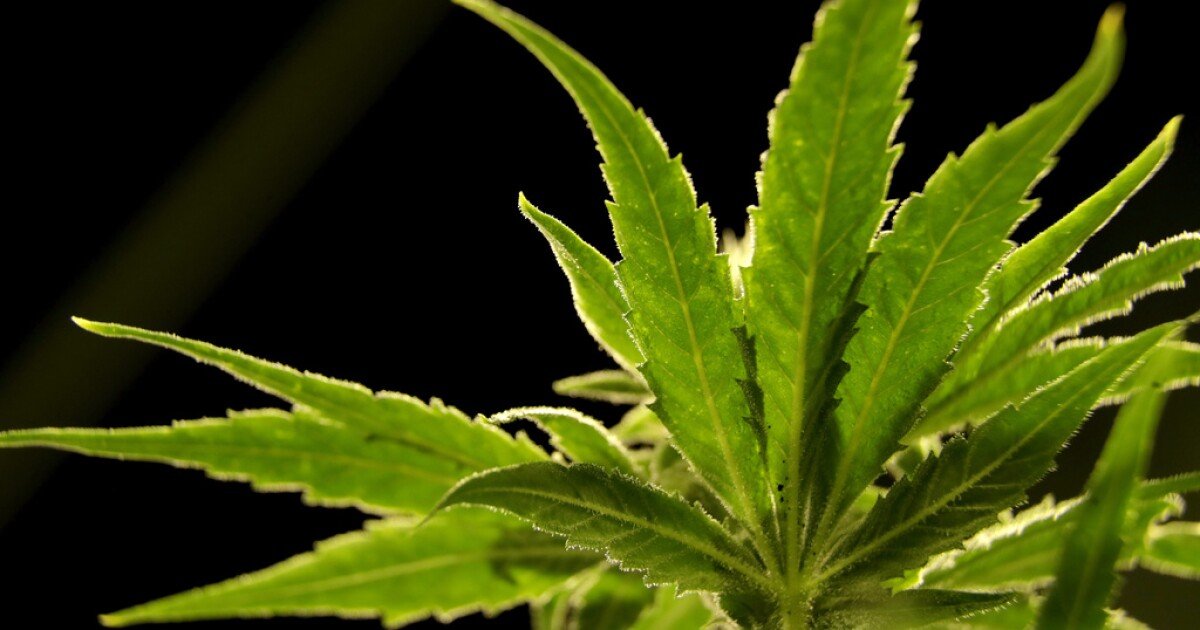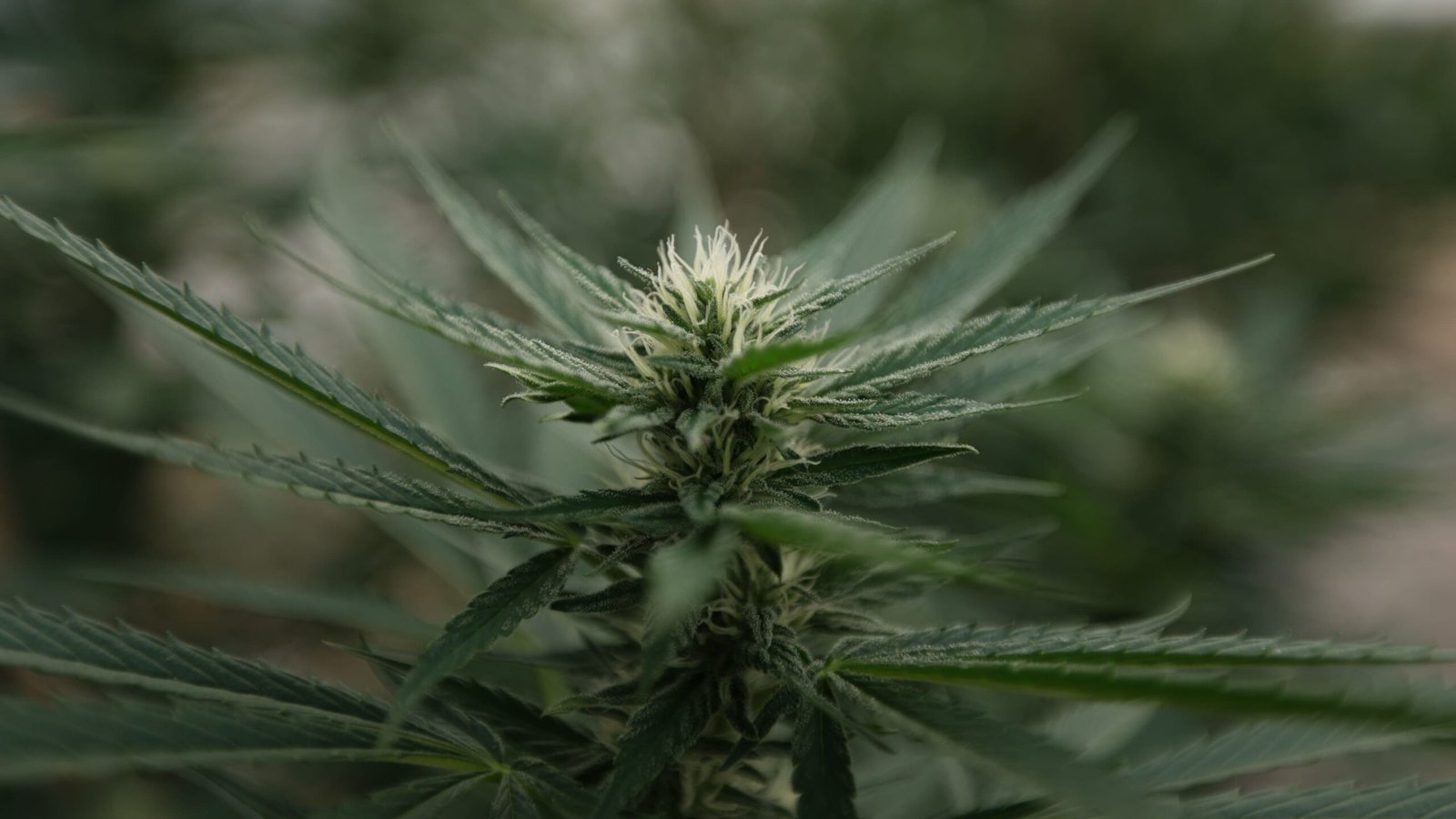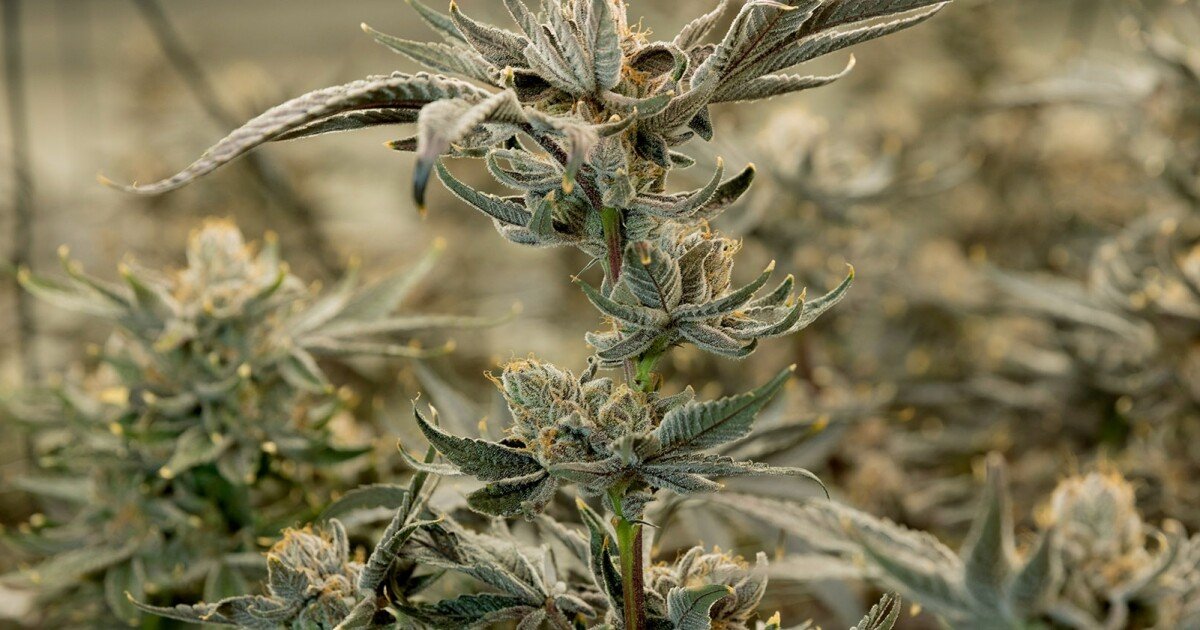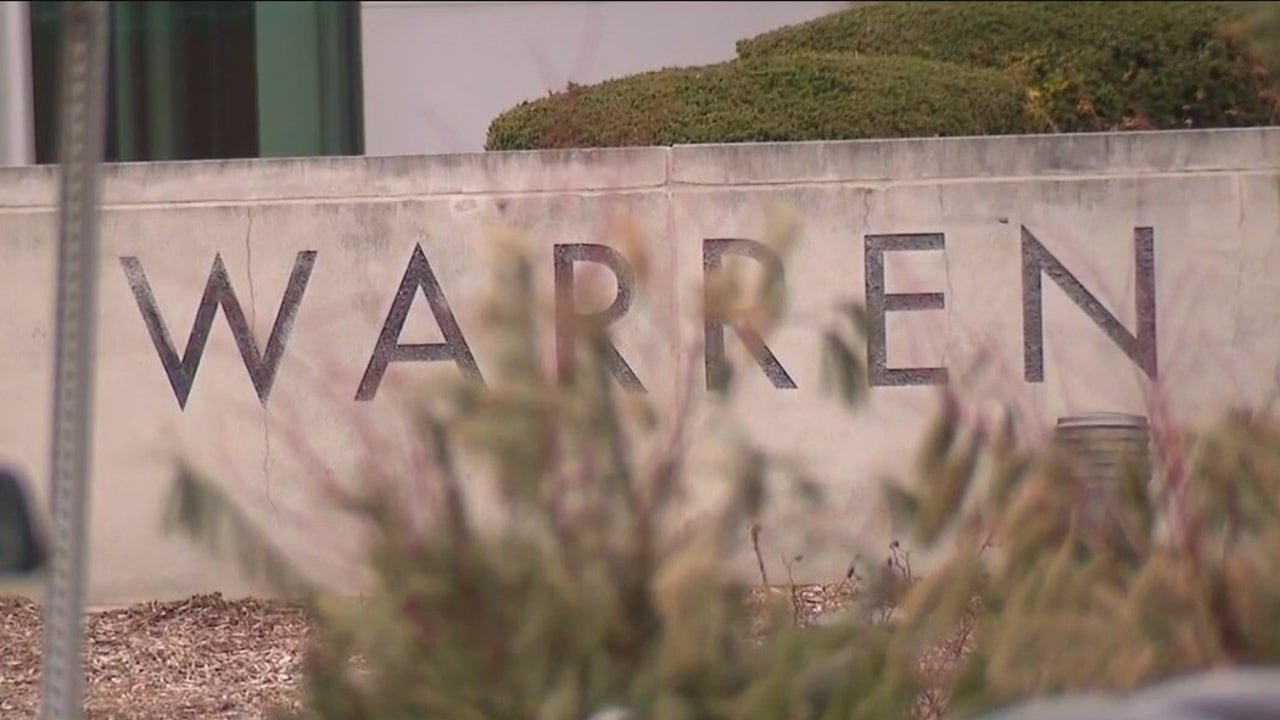Anne Arundel County has launched a new Community Reinvestment and Repair Fund aimed at supporting communities that were significantly impacted by historical cannabis enforcement. This initiative marks the county as the latest jurisdiction in Maryland to create such a program.
The fund is designed to provide grants to 501(c)(3) organizations and nonprofits that serve lower-income neighborhoods. These neighborhoods have been affected by criminal cannabis charges. This program was made possible through the Cannabis Reform Act, which the Maryland State Legislature passed in 2022. This law legalized recreational cannabis for adults and allocated a portion of cannabis sales tax revenue to the Repair Fund.
To ensure targeted support, Anne Arundel County has identified specific zip codes for prioritization. These include 21060, 21061, 21113, 21122, 21144, 21225, 21401, 21403, 20724, and 20755. Organizations applying for grants must focus on at least one of several key areas: mental health and substance abuse services, education and youth enrichment, housing and homelessness prevention, or workforce development and employment training.
The fund offers two tiers of grants. One tier provides between $75,000 and $100,000 annually for up to three years, while the other offers between $20,000 and $75,000 each year. To help organizations learn more about the grants, the County will host multiple training sessions both online and in-person.
The scheduled training sessions include a virtual meeting on Tuesday, April 8, at 2:00 p.m. via Zoom; an event on Wednesday, April 9, at 5:30 p.m. at the Chesapeake Arts Center; another on Friday, April 11, at 3:30 p.m. at the Stanton Center; and a final session on Thursday, April 17, at 5:30 p.m. at the Severn Center.
In a related development, Baltimore City residents recently voted in favor of Question G, which establishes its own community reinvestment and reparations fund. Additionally, Maryland completed its first social equity cannabis license lottery last April, which required applicants to verify their social equity status to be eligible.




